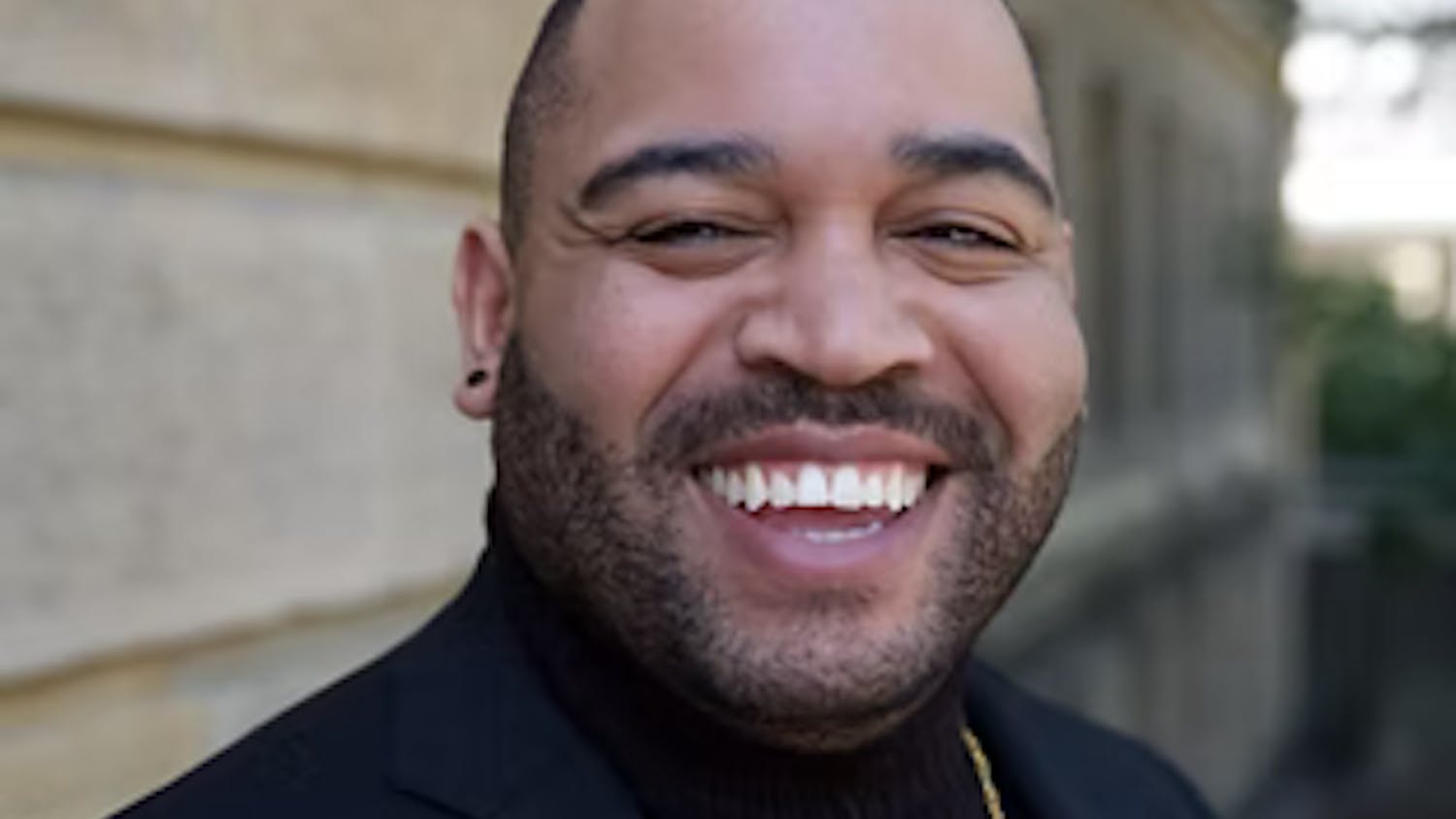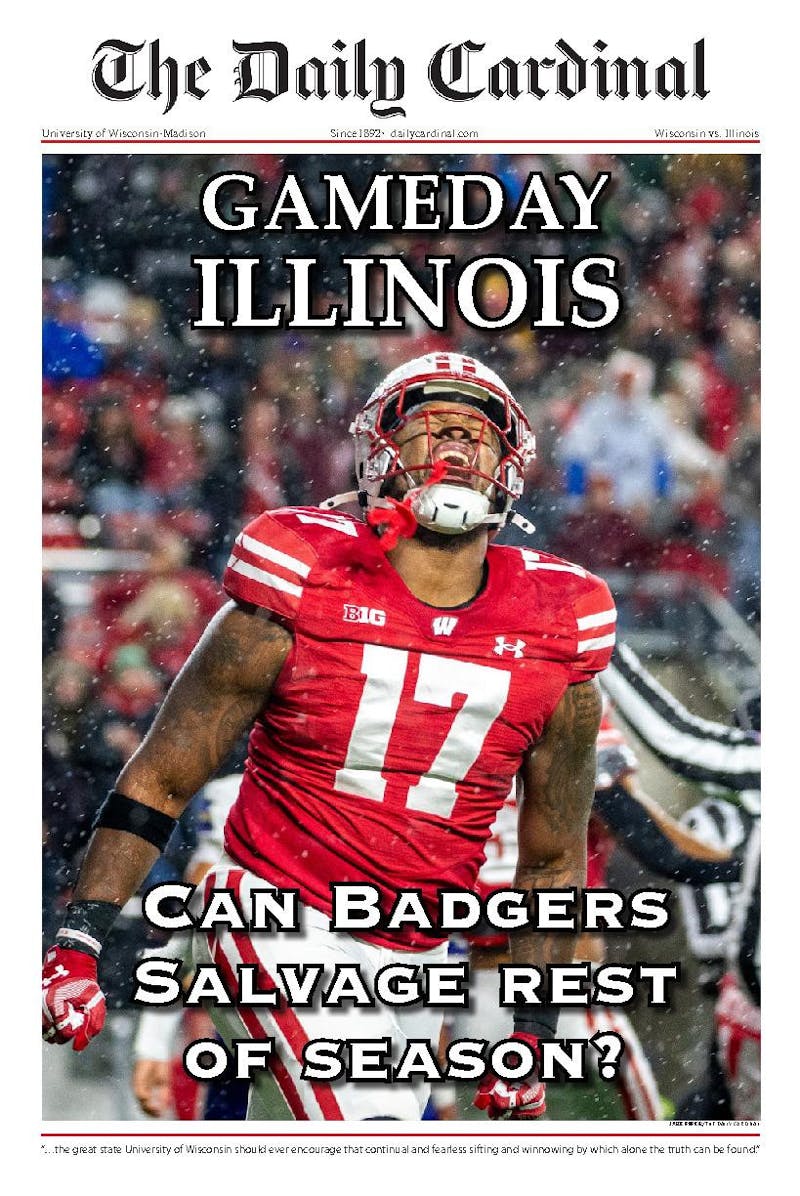A fast-moving draft of the newest policy book for teaching assistants, lecturers and other graduate-student staff is drawing concern from those it will affect.
Graduate assistants from across campus joined together to raise grievances over the pace of the graduate assistants’ policy handbook drafting process, along with the extent student feedback will be utilized in it, at a public forum held Wednesday night.
The Graduate Assistant Policies and Procedures workgroup, which first met in late April of this year, is drafting the handbook using the graduate assistants’ contract from 2009 as their foundation.
Previously, lecture and research assistants weren’t covered under the graduate assistants’ policy, so a large portion of the drafting process involves translating the policy’s language to include them. The workgroup is also updating policies to better reflect technology advances.
While many policies have not been substantively altered, many graduates were concerned with the drafting process itself.
Adria Brooks, the co-president of Teaching Assistants’ Association, said the process’ swift pace is concerning. The end of the fall semester is currently GAPP’s deadline for a completed draft.
“I worry that they’re going to try to meet the deadline and write bad policy rather than take their time and write good policy,” Brooks said.
Grievance and leave policies, two major areas graduates have uncertainties about in the current policy contract, won’t be fleshed out until early 2018, according to guidelines about the process.
Patrick Sheehan, director of workforce relations for UW-Madison’s Office of Human Resources, said graduate students are waiting to discuss grievance policy because it is a complex issue. He said they need to explore all of their options before moving forward.
Graduates also worried over whether their feedback will appear in the final draft and to what extent. In the past, their criticisms and suggestions have been ignored, according to one teaching assistant at Wednesday’s forum.
Sergio Gonzáles, a doctoral candidate in history and member of the GAPP workgroup, has had these same concerns since the group’s formation.
“To make sure the work that GAPP committee members have been doing over the last six months — that there’s actually some sort of fruit from their perspectives — are not just represented on the final documents but are actually heard and incorporated into the chancellor’s final decision is important,” he said.
Despite these concerns, the workgroup remains optimistic that they will reach compromises between graduates and university administration.
“[The draft is] kind of in a loose form, so it’s important that we’re engaging with you now to get your input and to help guide us moving forward,” Sheehan said.
GAPP and TAA will hold another public forum on the policy draft Oct. 27.






